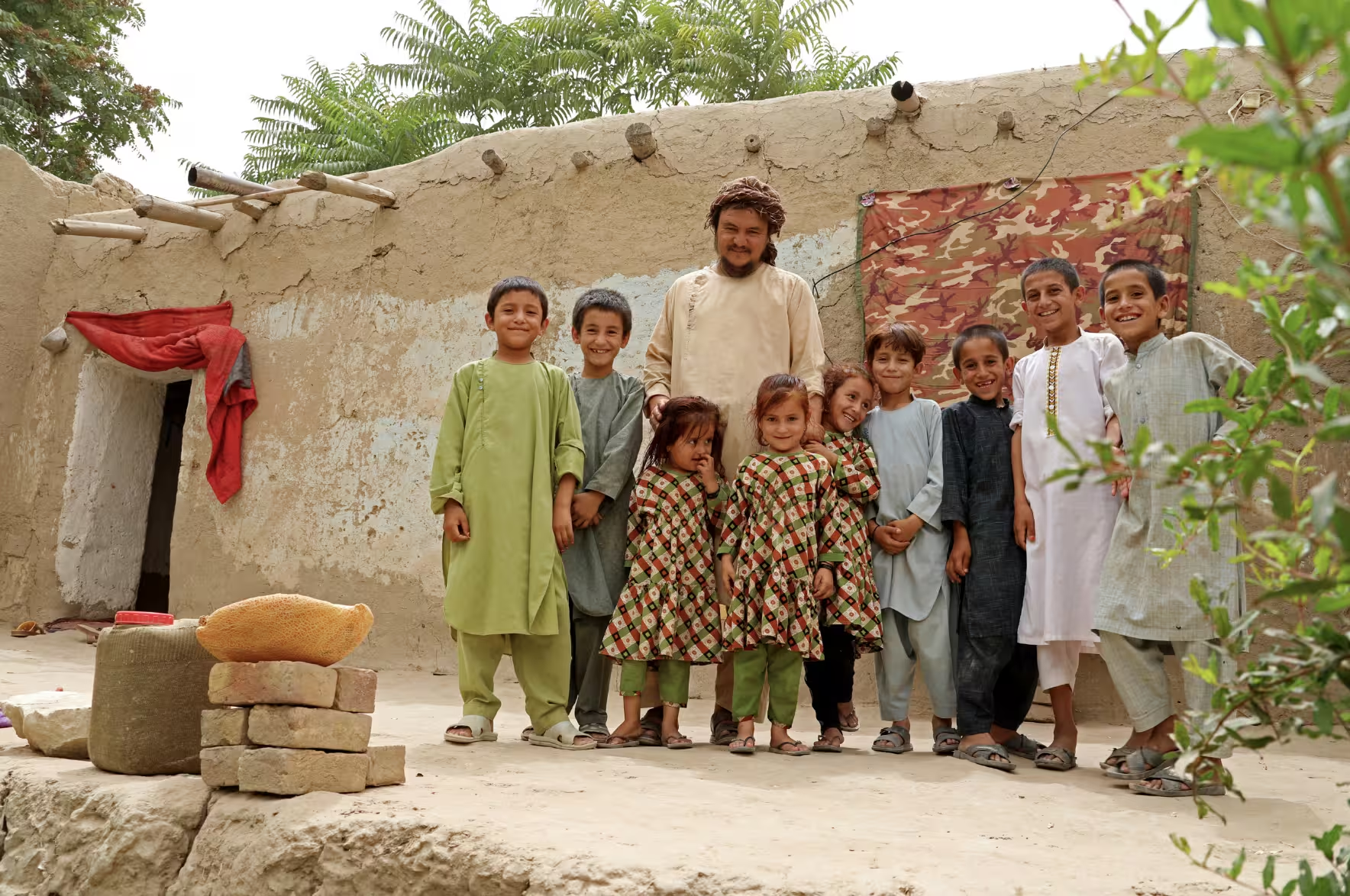The United Nations has launched a joint initiative to support returnees, internally displaced persons (IDPs), and host communities in Afghanistan’s northern provinces of Kunduz and Baghlan. The new project, Participatory Action for Integrated Developmental Assistance to Areas of Return (PAIDAAR), aims to bolster recovery and reintegration efforts in displacement-affected areas.

Funded through a $15.8mn allocation from the UN’s multi-donor Special Trust Fund for Afghanistan (STFA) and topped up by additional contributions from UN agencies, the project’s total budget stands at $23.01mn.
The initiative brings together four UN agencies—International Organization for Migration (IOM), United Nations Development Programme (UNDP), UN-Habitat, and UN High Commissioner for Refugees (UNHCR)—and will be implemented over the next 24 months.
The project was officially launched by Indrika Ratwatte, Deputy Special Representative of the UN Secretary-General for Afghanistan and Resident and Humanitarian Coordinator, during a ceremony attended by UN officials, civil society organizations, and community members.
“This joint initiative is essential for ensuring the sustainable reintegration of returnees and meeting the recovery needs of people across the country,” Ratwatte said. “It is designed to bring real, lasting improvements to the lives of returnees and the communities that welcome them.”
PAIDAAR will target 11 communities across Kunduz and Baghlan, focusing on the most pressing needs such as housing, access to essential services, and disaster-resilient infrastructure. It will also support economic recovery through livelihood programs, job creation, and long-term employment opportunities.
A key element of the project is its participatory approach. Local Implementation Committees (LICs) will be formed and Community Action Plans (CAPs) developed to promote transparency and community ownership.
“This project is a lifeline,” said Habibullah Khan, a resident of Kunduz and one of the project’s beneficiaries. “We are grateful for introducing durable solutions that will change lives.”
In addition to physical infrastructure and livelihoods, the initiative will focus on protection and inclusion by offering mine risk education, legal identity documentation, and support for housing, land, and property (HLP) rights.
The project comes at a critical time, as communities continue to face the combined effects of mass returns from Pakistan and Iran, internal displacement, and a lack of access to basic services.
“Returnees bring valuable skills and networks,” Ratwatte added. “By empowering them through housing and job creation, we enable them to become agents of recovery.”
The STFA and participating UN agencies have reiterated their commitment to helping Afghanistan move toward stability and resilience by investing in community-led and sustainable solutions.
Follow Daryo's official Instagram and Twitter pages to keep current on world news.
Comments (0)